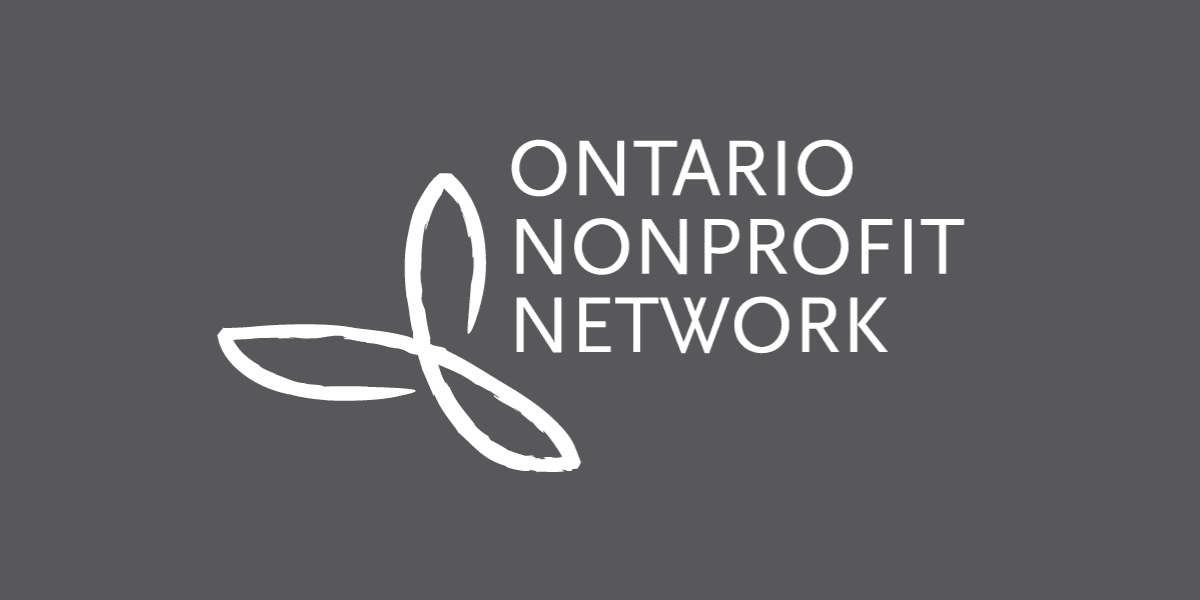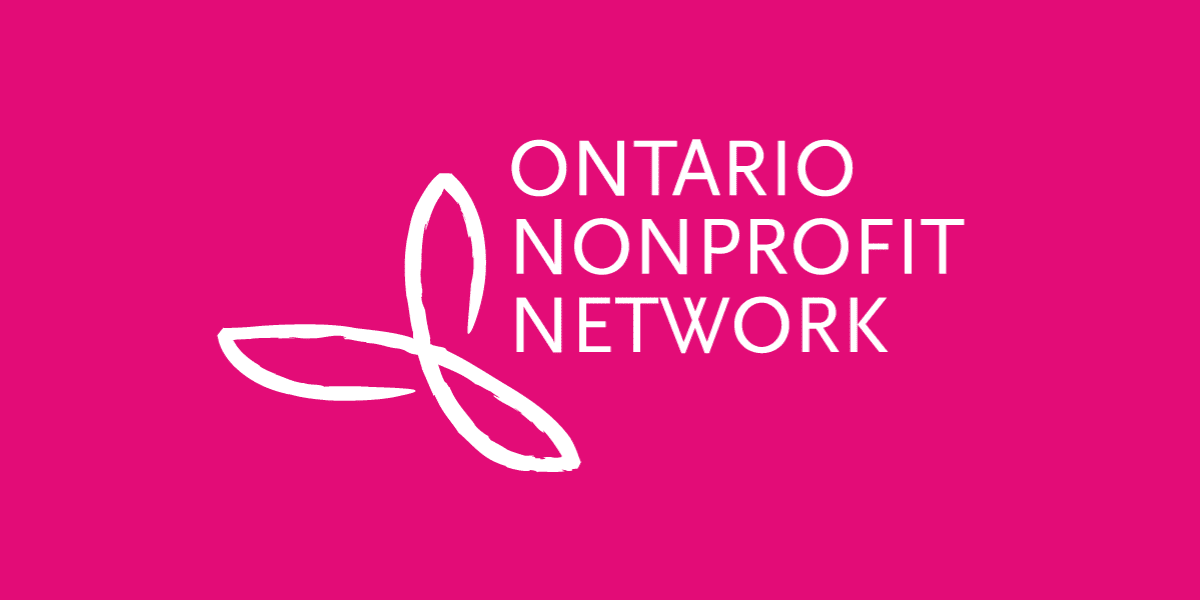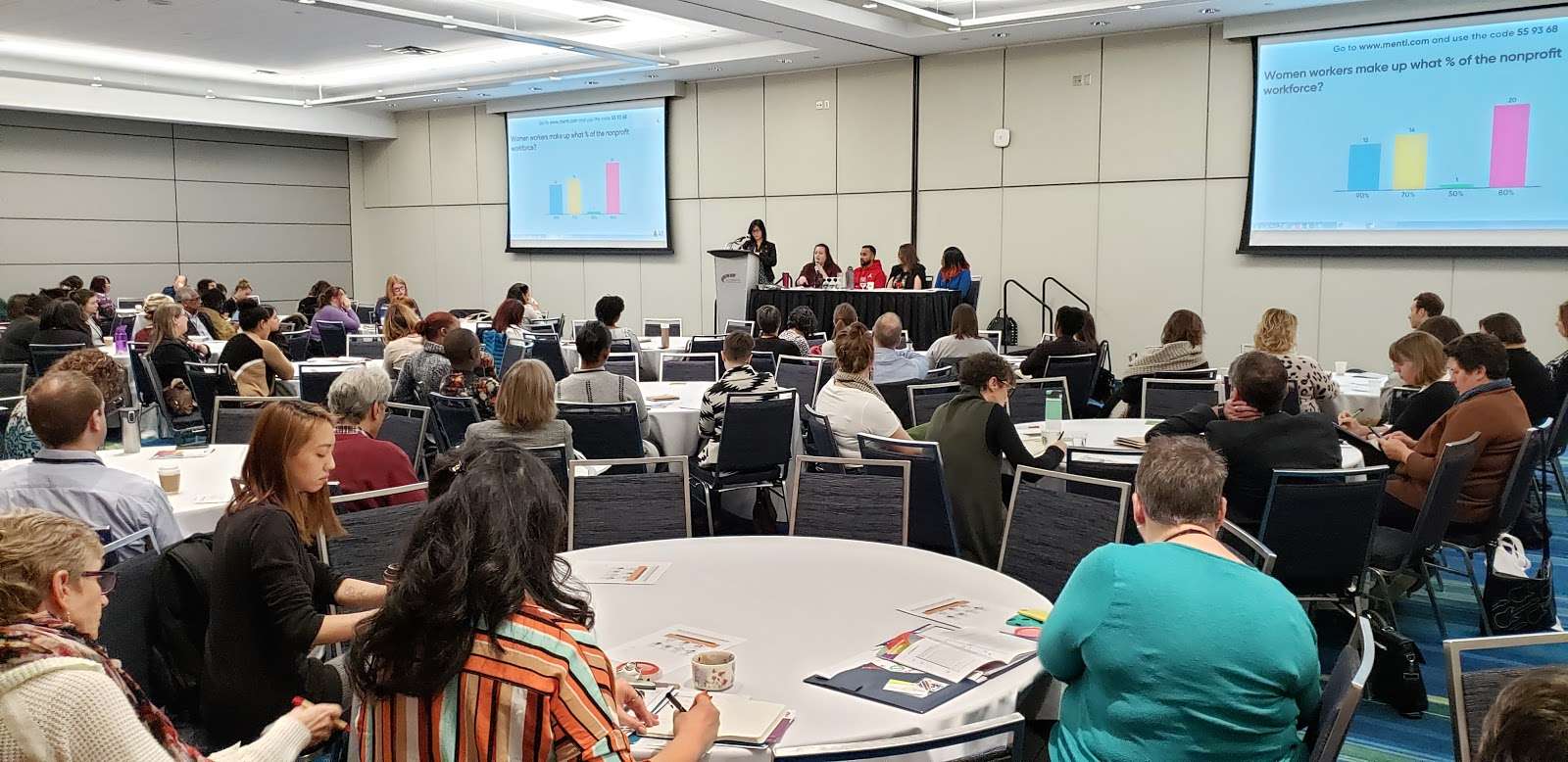
Blog
A call to action on youth employment
Thank you to Imagine Canada for permission to repost this article.
This article is a joint effort by Rachel Gouin of Boys and Girls Clubs of Canada; Joelle Lewis of Big Brothers Big Sisters; Jesse Clarke of Pathways to Education; Bernadette Johnson of Imagine Canada; and Justin Ho, Chair of the Youth Employment in the Charitable and Nonprofit Sector Working Group.
Broadly speaking, it is well understood that young people experience employment barriers in today’s labour market. In addition to struggling to secure work, Canadians 35 years and under face unprecedented challenges resulting from high tuition fees, high debt loads, and stagnant wages. The data tells us that this is a cohort issue, and not merely reflective of the challenges each generation faces when seeking initial work.
Youth employment is also an issue that impacts the nonprofit sector. We are major employers and our ability to achieve our missions, both now and in the future, depends on our ability to attract, retain, and advance young workers. In addition to this, the broader societal problems associated with this are troubling and should compel decision-makers in sector organizations to take action.
Organizations need to prepare their future workforce
The employment of youth is linked to current and future organizational success. We need people to build skills and experience in the charitable sector to fill key positions, in leadership and elsewhere. We also need skilled youth to be effective in what we currently do as organizations; research shows that proper investment in staff contributes to achievement of mission.
The consequences are far-reaching
Rather than adopt a singular focus on who we can get to fill entry-level positions to help us further our missions, this problem requires that we consider youth as individuals to nurture, support, and invest in. Beyond our role as employers, as civil society organizations we need to do our part to combat the structural issues contributing to high unemployment.
Research tells us that students are struggling to find summer jobs (CCPA, 2014); one in three post-secondary graduates are employed by unskilled work (CFC, 2012); and the lag-time between graduation and careers is increasing. The link between this issue and the broader economy is strong (TD, 2014), and this impacts future government revenues. As people under 35 also make up the majority of parents to young children, what is often overlooked is the long-term impact of delayed careers and lower earnings on our ability to reduce child poverty in Canada.
In short: the employment barriers facing youth in the sector is a major, complex issue with real consequences for all, and we need to work together.
1. Get informed.
The first step you can take toward this end is to listen to what youth have said would help (here, and here, to start). Barriers to permanent, full-time employment for youth in charities and nonprofits are becoming increasingly well known.
2. Challenge your organization to do better.
There is a growing sense that organizations can improve their practices in a number of key areas.
So, what would “better” look like? At a discussion convened by Boys and Girls Clubs of Canada and Imagine Canada last year, participants saw the need to:
– Offer training for young, part-time or temporary staff to acquire the hard skills necessary to position themselves for permanent jobs.
– Do what you can to offer permanent jobs (this starts by seeking out a real understanding of the personal and financial strain that can be caused by contract work).
– Work towards more diverse representation in the workforce (youth unemployment disproportionately impacts immigrants and women)
– Identify concrete projects for younger employees to take a leading role on and offer mentorship or guidance.
– Ensure youth are paid living wages for the work they do or, in the case of education placements for credit, that learning goals are clearly identified.
– Provide better and more realistic information on what charitable organizations have on offer for youth.
Compensation is a key concern for nonprofit employers, but there are many ways that organizations can address employment related challenges. Furthermore, organizational efforts alone are not going to be enough, we need BOTH organizational-level change AND smart public policy that considers the unique needs of the sector. With this in mind, we need to work together to…
3. Advocate for youth employment programs that work for our sector.
The good news is that the federal government has identified youth employment as a significant issue warranting attention, and is taking action. The Minister of Employment, Workforce Development and Labour has been mandated to both improve worker access to good quality job training, and increase the number of good quality jobs for younger workers. The government is also working on its Innovation Agenda, identifying a need to better prepare people for a rapidly changing job market that increasingly relies on digital skills.
A number of government programs are useful for training and hiring youth:
– Canada Summer Jobs
– Skills Link
– Career Focus
– Opportunities Fund for Persons with Disabilities
New investments have been made and put to good use in communities across the country, but there is room for improvement. Some programs are too heavily focused on the number of youth hired, rather than on program duration or quality of experience for young staff. There’s also room to improve access to programs – many are limited to students who plan to return to school full time. The Canada Summer Jobs program, for instance, could be extended to part-time students, recent graduates, and even youth who have left school entirely.
The time for change is now
Growing public concern regarding youth employment, as well as the urgency facing the sector to attract and retain talent makes this the time for action.
Consider including the issue of youth employment in your federal advocacy work. Talk or write to your MP about youth employment programming and your needs as a charity. If you have yet to get your toes wet in advocacy more generally – check out our primer. Imagine Canada has a policy working group on the topic, and you are encouraged to get in touch with your experiences with current federal programs and perspectives on how they might work better for you.






